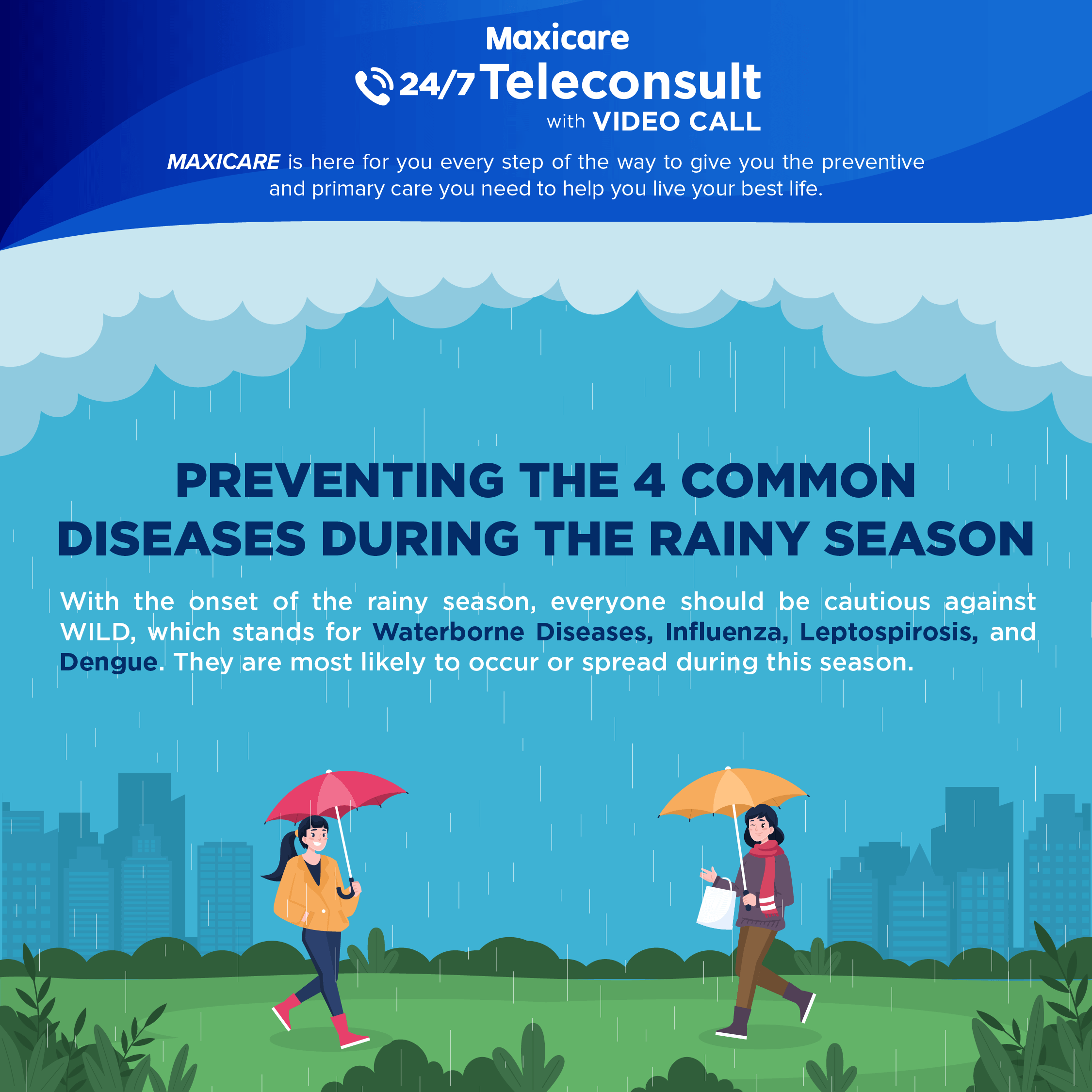
What is a urinary tract infection (UTI)?
A Urinary Tract Infection (UTI) is an infection caused by microbes—organisms too small to be seen without a microscope. Normally, bacteria that enter the urinary tract are quickly removed by the body before they cause symptoms. But sometimes bacteria overcome the body’s natural defenses and cause infection.
What causes UTIs?
Bacteria, a type of germ that gets into your urinary tract, cause a UTI. This can happen in many ways:
- Wiping from back to front after a bowel movement. Germs can enter your urethra
- Having sexual intercourse. Germs in the vagina can be pushed into the urethra
- Waiting too long to pass urine – when urine stays in the bladder for a long time, more germs are made, and the worse a UTI can become
- Anything that makes it hard to empty your bladder, like a kidney stone
- Having diabetes, which makes it harder for your body to fight other health problems
- Loss of estrogen (a hormone) and changes in the vagina after menopause
Signs & Symptoms
- A burning feeling when you urinate
- Frequent or intense urges to urinate, even when you have little urine to pass
- Pain in your back or side below the ribs
- Cloudy, dark, bloody, or foul-smelling urine
- Fever or chills
How are UTIs diagnosed?
Healthcare providers diagnose UTIs by asking about your symptoms and then testing a urine sample. Your urine will be checked with a microscope for bacteria and white blood cells, which the body produces to fight infection. Because bacteria can be found in the urine of healthy people, a UTI is diagnosed based on symptoms and a lab test.
How are UTIs treated?
UTIs are treated with antibiotics that can kill the bacteria causing the infection. The antibiotic prescribed will depend on the type of bacteria causing your UTI. Some antibiotics may be ruled out if you have allergies to them. Tell your healthcare provider if you are allergic to any medicines.
You may need to take antibiotics for a few days or for seven days or longer. The length of treatment depends on a few factors:
- How severe the infection is
- Whether you were given the right antibiotic at first
- Whether the bacteria resist the antibiotic
- Whether you have repeat infections
- Whether you have a urinary tract abnormality that blocks the flow of urine
Will UTIs come back?
For most people, the answer is no. But about one out of every five young women with a UTI will have another. Anyone who has diabetes or a problem that makes it hard to urinate may have repeat infections. Your healthcare provider may refer you to a urologist if you have repeat infections.
How can I prevent repeat UTIs?
In addition to taking antibiotics, changing your daily habits and lifestyle choices may help you prevent repeat UTIs.
- Eating, Diet, and Nutrition
- Drinking lots of fluid can help flush bacteria from your system. Water is best. Most people should try six to eight glasses a day.
- Bathroom Habits
- Urinate often and when you first feel the urge. Bacteria can grow when urine stays in the bladder too long.
- Urinate shortly after sex to flush away bacteria that might have entered your urethra during sex.
- After using the toilet, always wipe from front to back. This step is most important after a bowel movement to prevent bacteria from entering the urethra.
- Clothing
- Wear cotton underwear and loose-fitting clothes so the air can keep the area around the urethra dry. Avoid nylon underwear and tight-fitting jeans, which can trap moisture and help bacteria grow.
A UTI could lead to serious health issues. Learn more about how you can take care of this by scheduling a check-up or your laboratory tests at a Maxicare Primary Care Clinic. You can also see a doctor immediately thru our Teleconsult and Videoconsult service powered by Doctor Anywhere. HomeCare medical procedures are available upon request in Metro Manila and selected provinces.
References:
https://www.niddk.nih.gov/health-information/health-topics/urologic-disease/urinary-tract-infections-in-adults/Pages/ez.aspx







